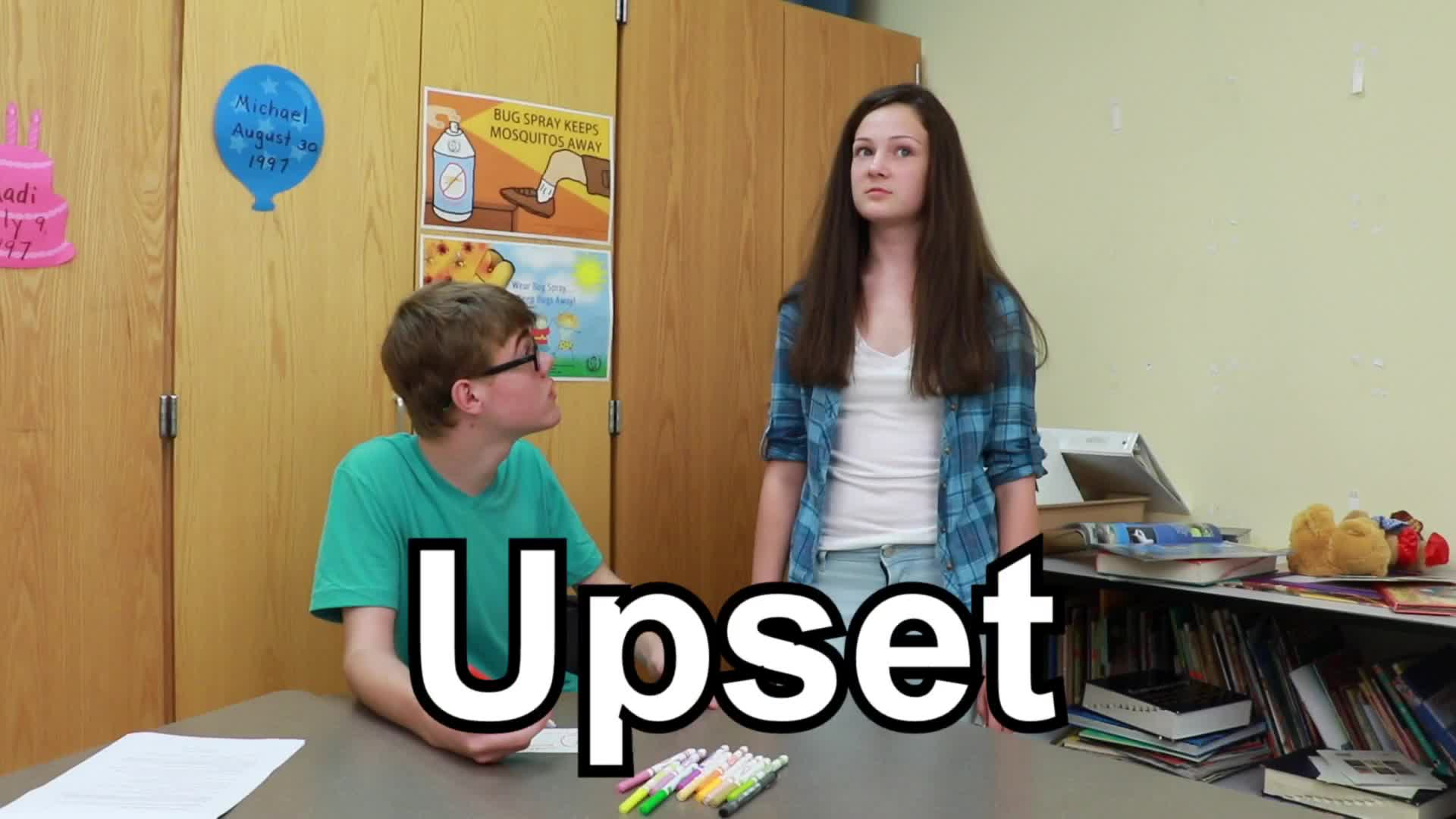
Introduction
Understanding different perspectives is a crucial skill for students to develop as they navigate social situations and learn to empathize with others. This blog post will explore an engaging, no-prep activity for educators to help their students understand that everyone has different thoughts and feelings, and that it is essential to consider the other person’s perspective when resolving conflicts and disagreements. Additionally, we will provide discussion questions to stimulate further conversations, mention related skills, and guide you towards resources for continued learning.
No-Prep Activity: Perspective Scenarios
This activity requires no preparation or materials from the educator and can be done in a classroom setting or remotely. The goal is to help students understand the importance of considering different perspectives when resolving conflicts or misunderstandings.
- Divide the students into pairs or small groups.
- Present a scenario to the class, such as the one provided in the prompt with Mike and Kate, or create your own scenario involving a problem or disagreement.
- Ask each group to discuss the thoughts and feelings of each person involved in the scenario. Encourage them to consider both sides and the reasons behind each person’s actions or reactions.
- After a few minutes of discussion, ask each group to share their insights about the different perspectives involved in the scenario.
- As a class, discuss the importance of understanding and respecting different perspectives when resolving conflicts or misunderstandings.
Discussion Questions
After completing the activity, use these questions to stimulate further discussions among your students:
- How did considering both perspectives in the scenario help you better understand the situation?
- Can you think of a time when you had a disagreement with someone and didn’t consider their perspective? How might the outcome have been different if you had?
- Why is it important to respect and understand different perspectives, even if you don’t agree with them?
- How can understanding different perspectives help us build stronger relationships with others?
- What are some strategies you can use to remind yourself to consider other people’s perspectives in future conflicts or disagreements?
Related Skills
Beyond understanding different perspectives, there are other relevant skills that students can benefit from in their social-emotional development. These include:
- Active listening: Paying attention to what others are saying and responding thoughtfully.
- Empathy: Identifying with and understanding the feelings of others.
- Conflict resolution: Developing strategies to address disagreements and find mutually beneficial solutions.
- Assertiveness: Expressing oneself respectfully and confidently while considering the needs and feelings of others.
- Collaboration: Working together effectively with others to achieve a common goal.
Next Steps
Now that you have learned about this no-prep activity and the importance of understanding different perspectives, you can continue to develop your teaching repertoire by exploring additional resources. To access free samples of materials related to this skill and others, sign up at Everyday Speech Sample Materials. Incorporating these resources into your teaching will help your students grow and thrive in their social-emotional development.

